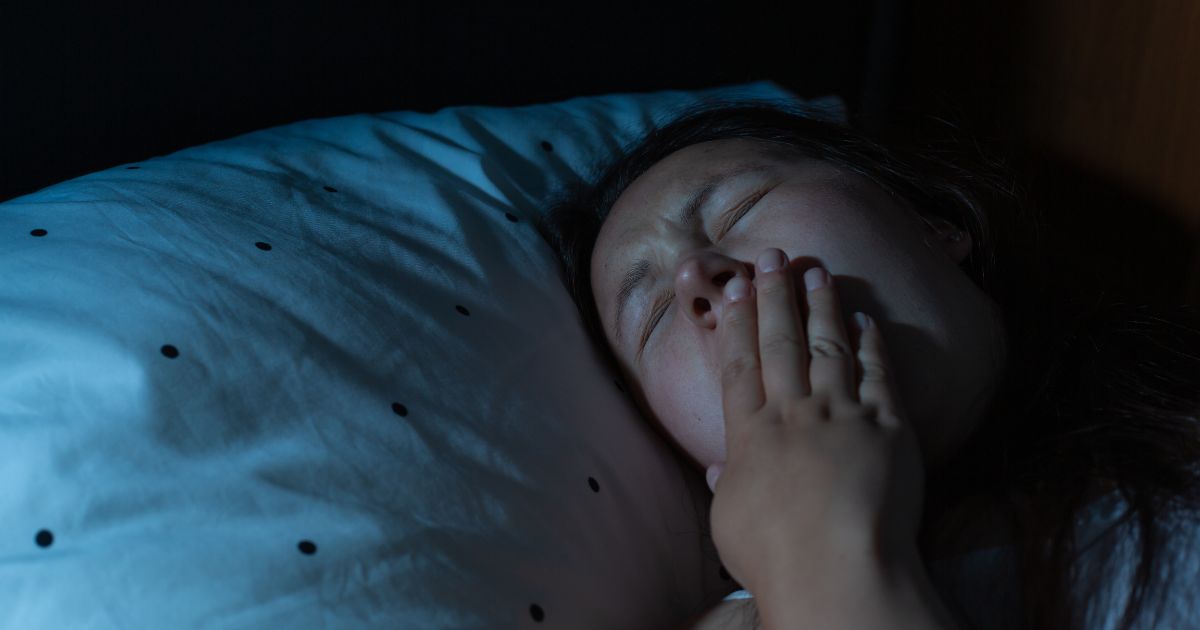Narcolepsy is a sleeping disorder that affects one in every 2,000 people. Unfortunately, only 25% of people who have narcolepsy are diagnosed and are receiving treatment. But what is narcolepsy?
When you have narcolepsy, you experience excessive sleepiness, sleep paralysis, and even hallucinations and cataplexy episodes, which is loss of muscle control. With narcolepsy, the line between being awake and being asleep is blurred, which affects the person’s quality of life.
Thankfully, there are several lifestyle changes that you can make to manage the symptoms of narcolepsy. If you combine these lifestyle changes with the right narcolepsy treatment, you’ll create a better method to help you manage your condition.
If you’ve been recently diagnosed with narcolepsy or you’re getting narcolepsy treatment in Jacksonville, FL, keep reading. Below are four lifestyle changes that can help you cope with narcolepsy. Let’s dive into it!
1. Change Your Diet
It’s true when medical professionals say that what you consume has an overall effect on your health and autoimmune conditions. Because of this, you should know that certain diets are known to help reduce the symptoms of narcolepsy.
Here are a few diet tips that could help you manage your narcolepsy symptoms:
- Eat a diet that is lower in carbohydrates
- Eat smaller and more frequent meals throughout the day to help fight drowsiness
- Avoid alcoholic beverages
- Avoid caffeine
- Avoid eating a large meal before going to bed
- Reduce your intake of grains and processed food because these affect your energy and wakefulness
- Maintain a healthy weight
2. Start Exercising
Cataplexy is when muscles temporarily lose their ability to function. In worse cases, a patient may collapse and be temporarily paralyzed for a short period to as long as several minutes. Unfortunately, this is one of the symptoms of narcolepsy, but it can be avoided through exercise.
When you get narcolepsy treatment in Jacksonville, FL, medical experts recommend that you incorporate regular exercise into your daily routine. This will improve your sleep quality, increase your alertness, and increase dopamine, ultimately helping your mental health. Besides that, exercise can help you maintain and control your weight, which could change dramatically with narcolepsy.
3. Develop a Sleeping Routine
Developing a sleeping routine, or practicing sleep hygiene, can be quite challenging for people who have narcolepsy, but this is extremely necessary. When you create and maintain good sleep habits, you’ll boost the amount and quality of your sleep, giving you more rest and energy and preventing other narcoleptic symptoms.
Here are a few tips that you can follow to develop better sleeping habits:
- Have a regular sleep-wake cycle
- Avoid drinking alcohol and caffeine as well as eating heavy meals a few hours before bedtime
- Create a comfortable sleep environment
- Take 15-30-minute naps during the day to increase alertness
4. Surround Yourself with Loved Ones for Support
Getting narcolepsy treatment in Jacksonville, FL and adjusting your lifestyle at the same time can be quite challenging. This is why you must surround yourself with people who can help you cope and support you. You can start by talking about your sleeping disorder with people at work or in school so that they can help accommodate your needs. Besides that, joining support groups and counseling can help you and your loved ones cope with narcolepsy.
5. Seek Professional Help
As mentioned earlier, dealing with narcolepsy is challenging, and you want to get the best possible treatment to help you manage your symptoms properly.
Seeking medical help from professionals will allow you to create routines that can benefit you in the long run and improve the quality of your life, alongside getting the proper medical treatment you need.
First-Rate Narcolepsy Treatment
If you’re looking for narcolepsy treatment in Jacksonville, FL, look no further because the team at Jacksonville Sleep Center can help you. We are the only sleep facility in North Florida with a Board-Certified Sleep Physician who is dedicated to assisting clients in improving their quality of life through better sleep. Learn more about our services today and book an appointment!






